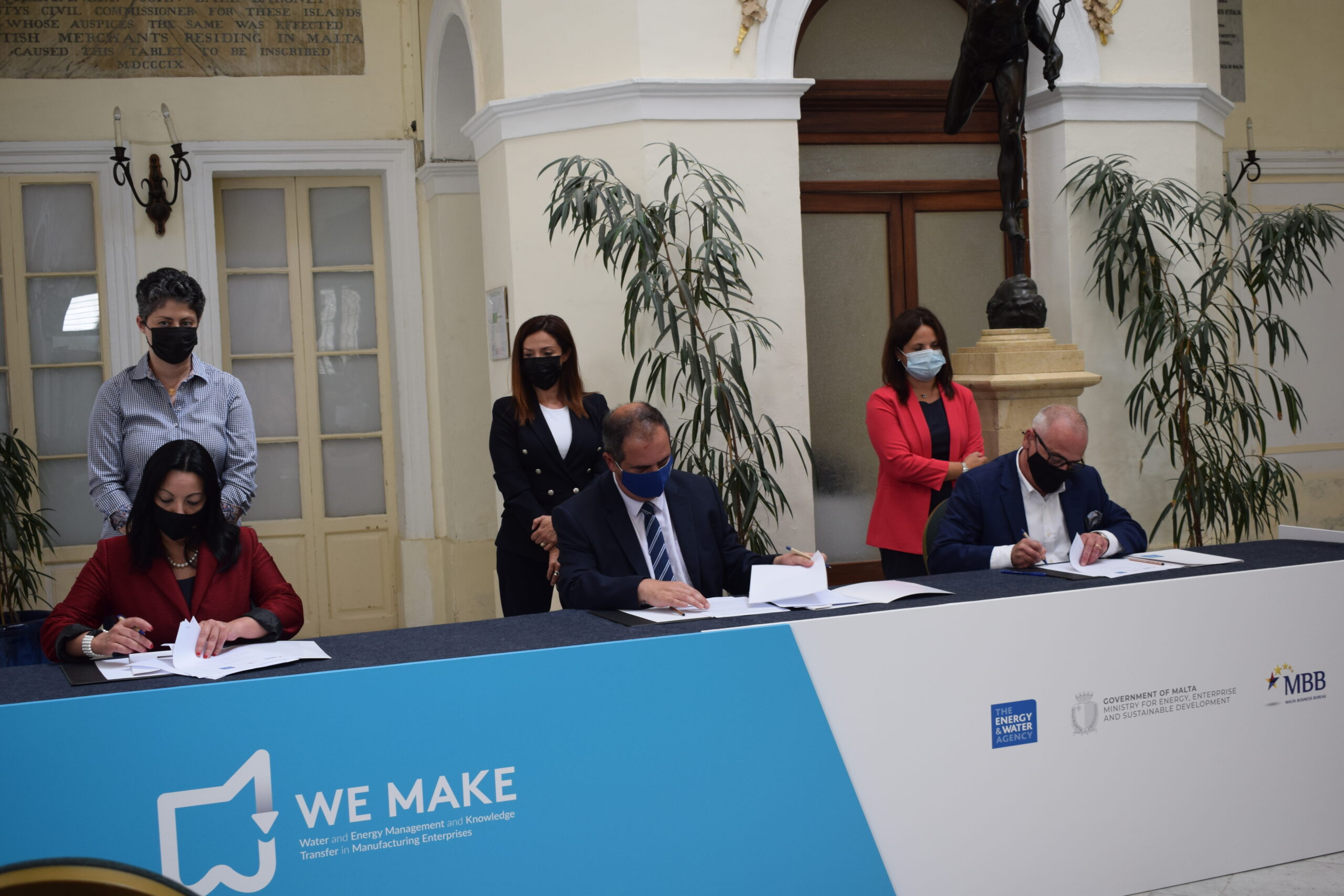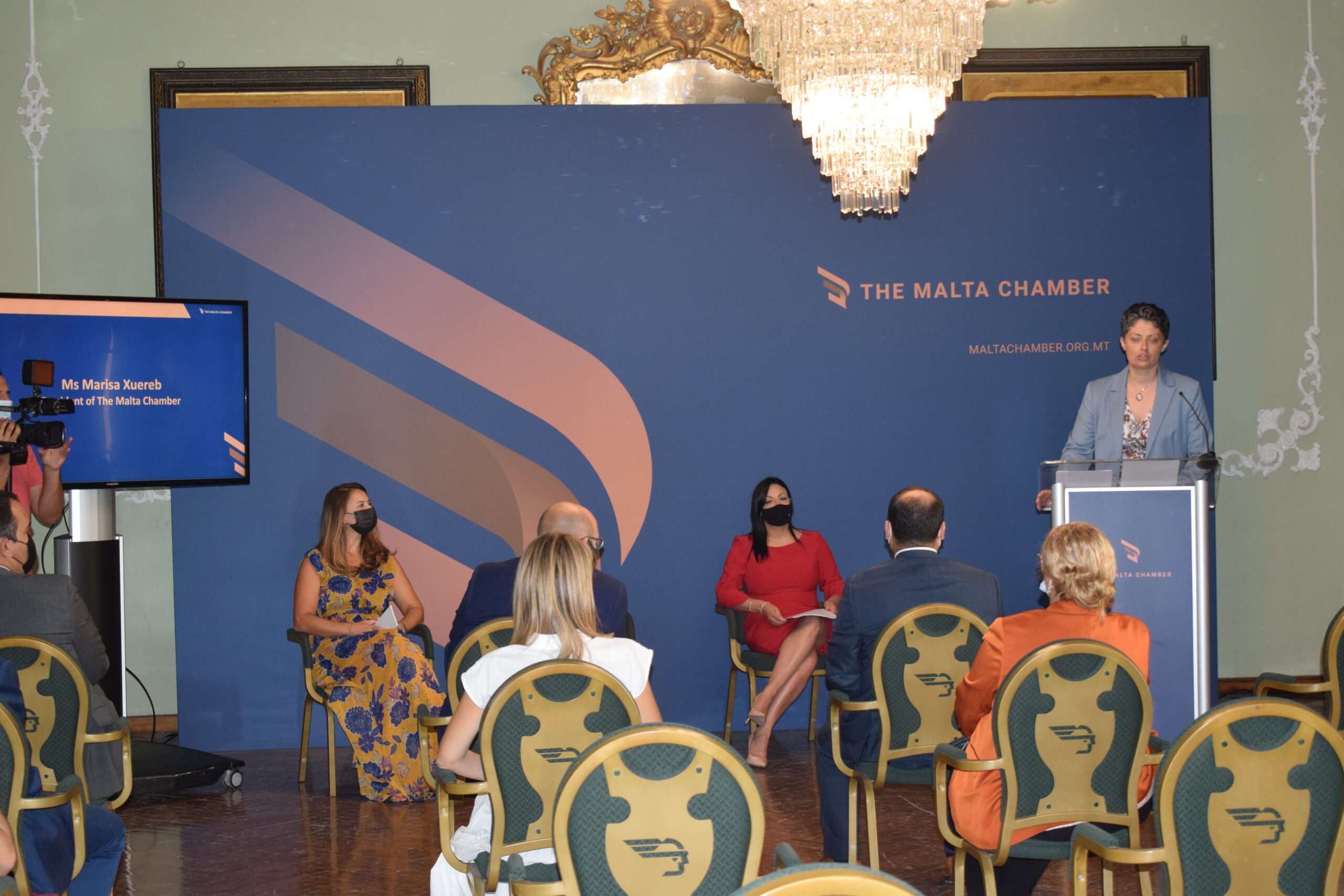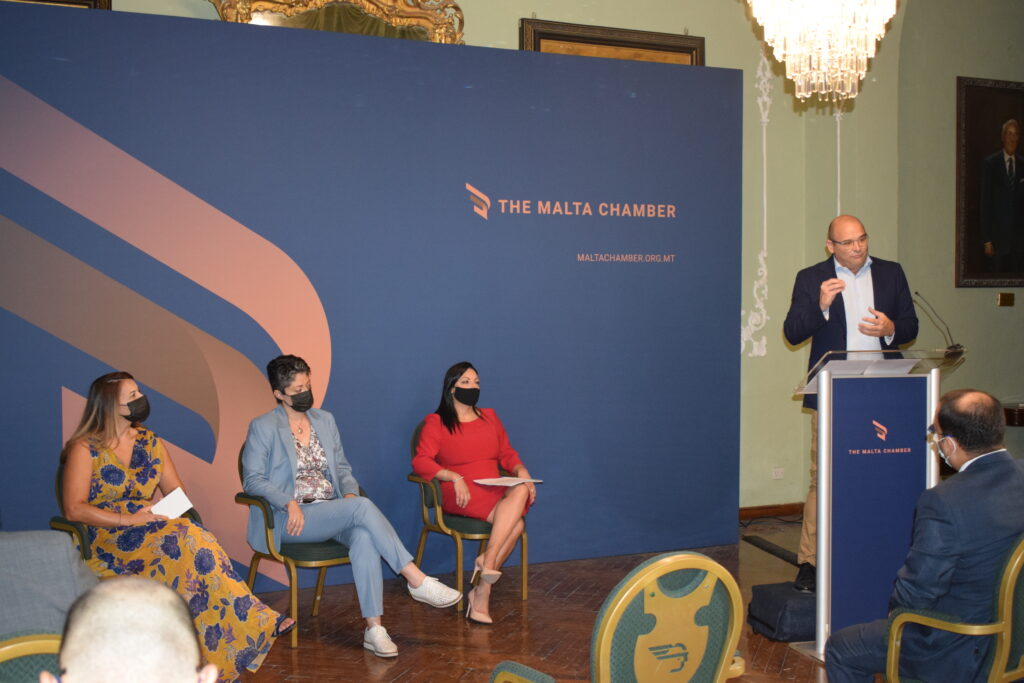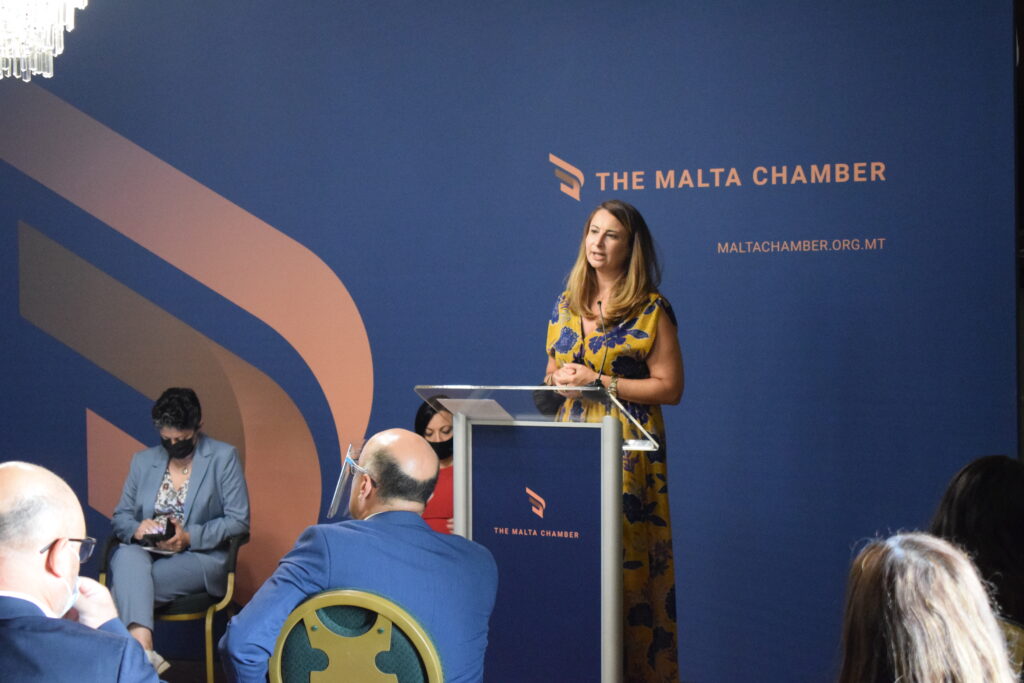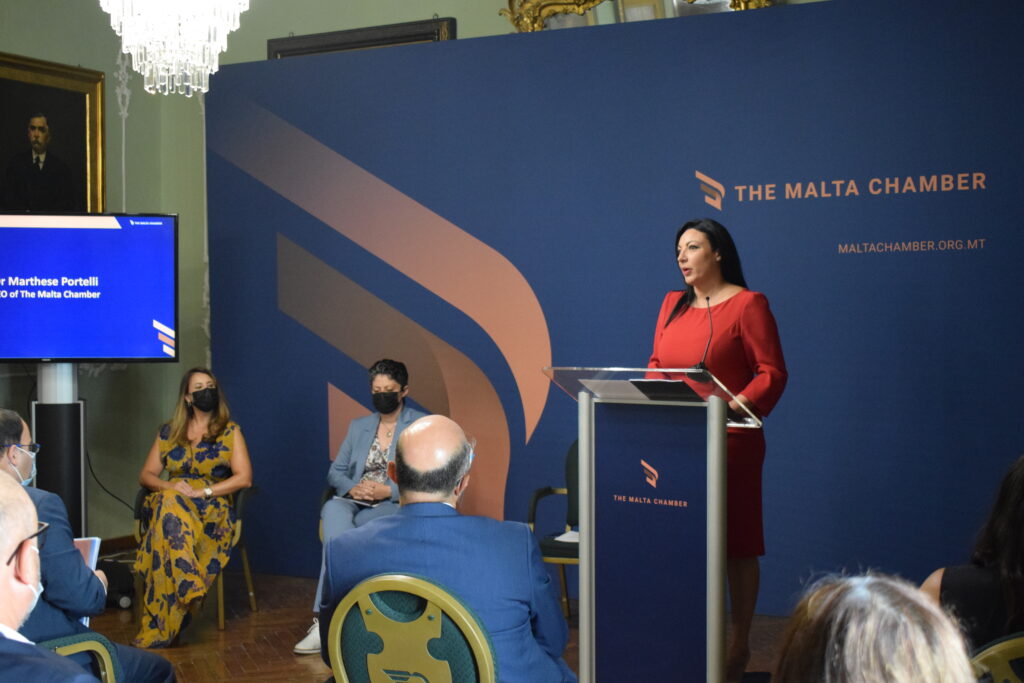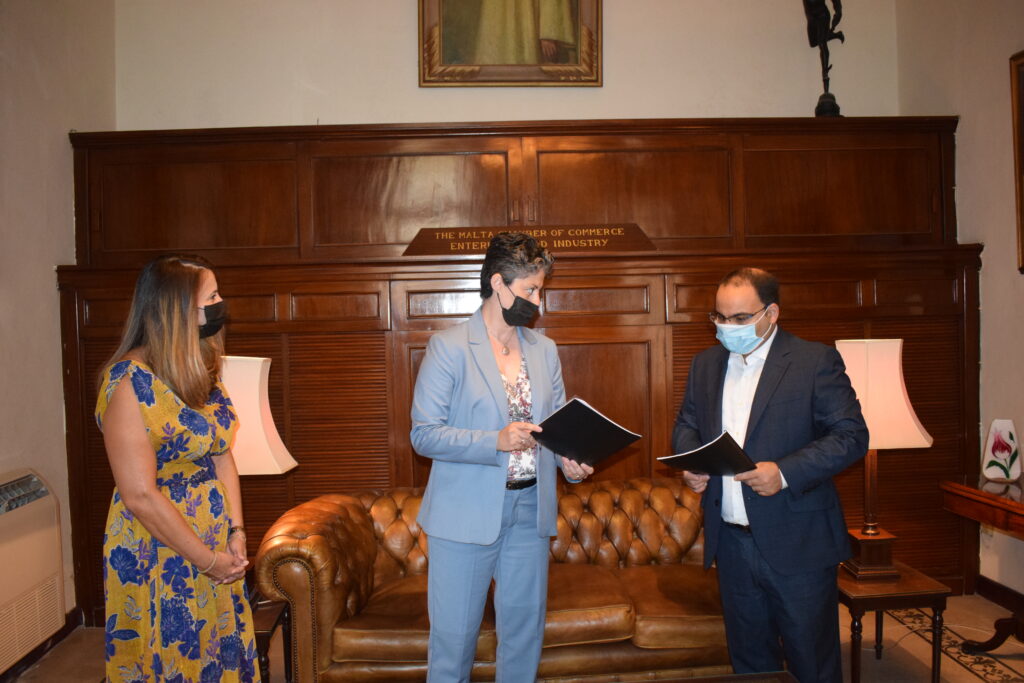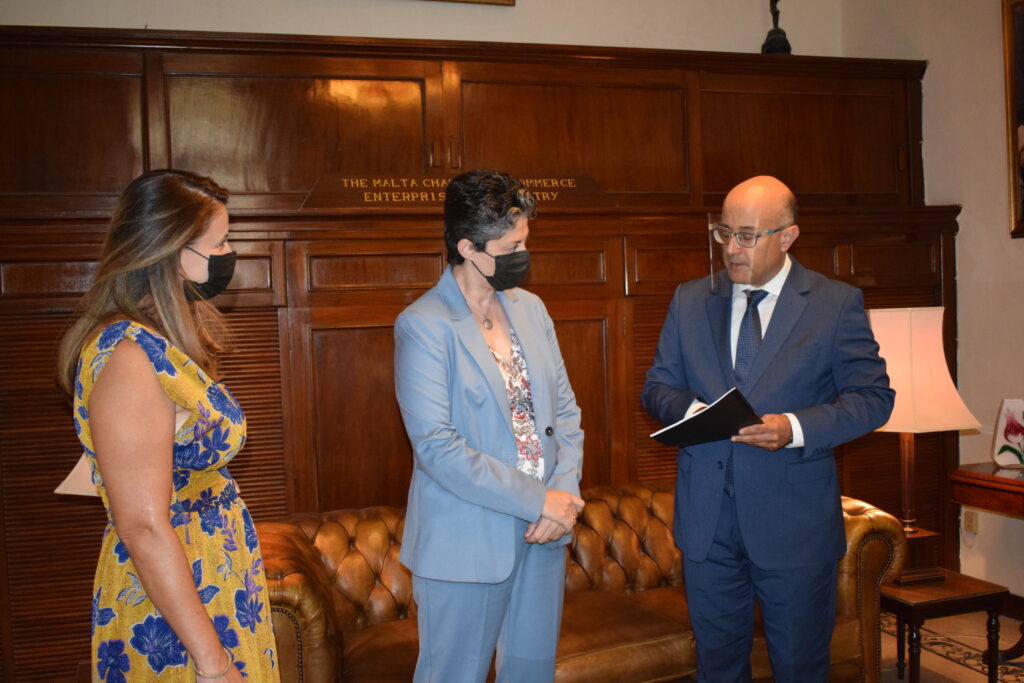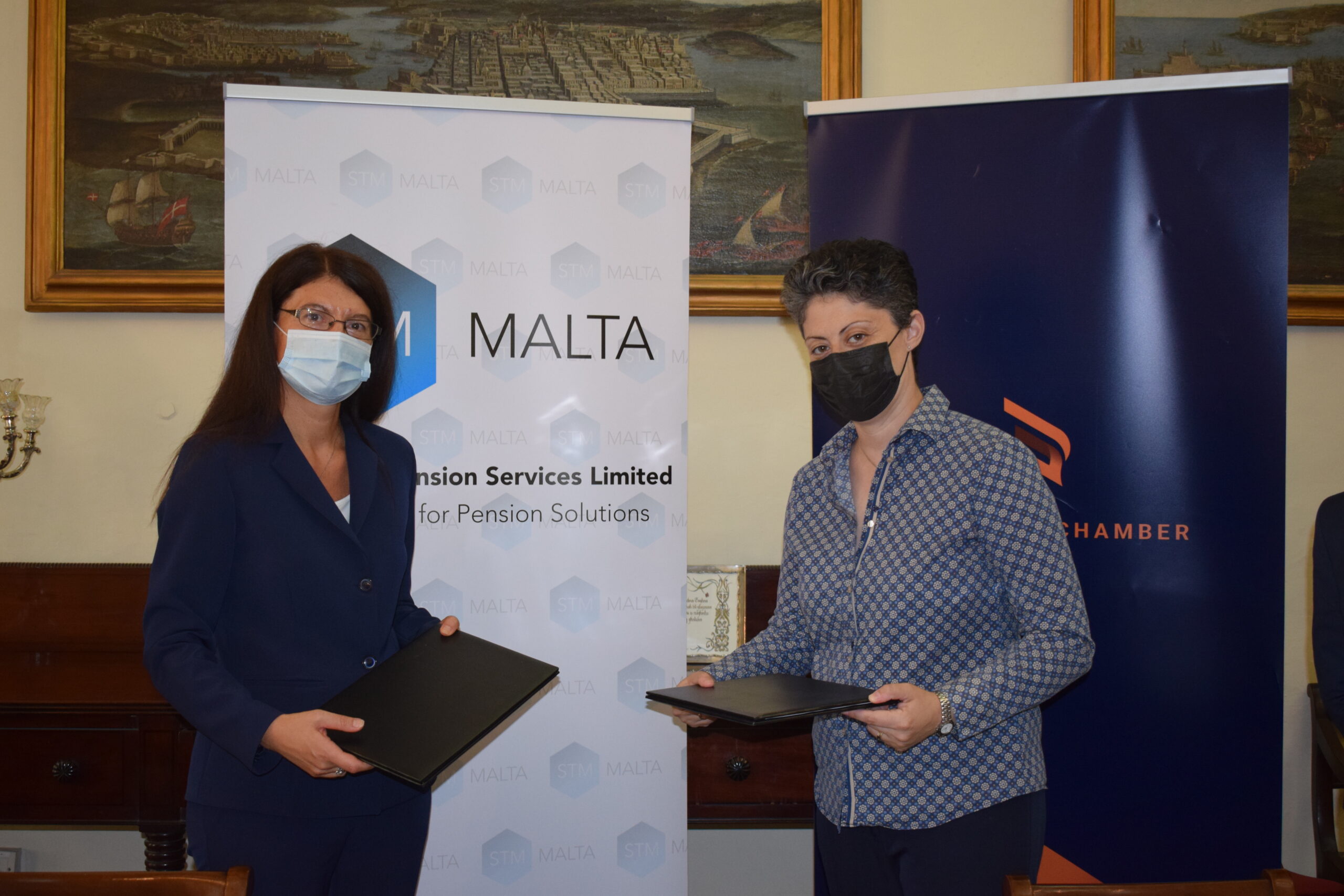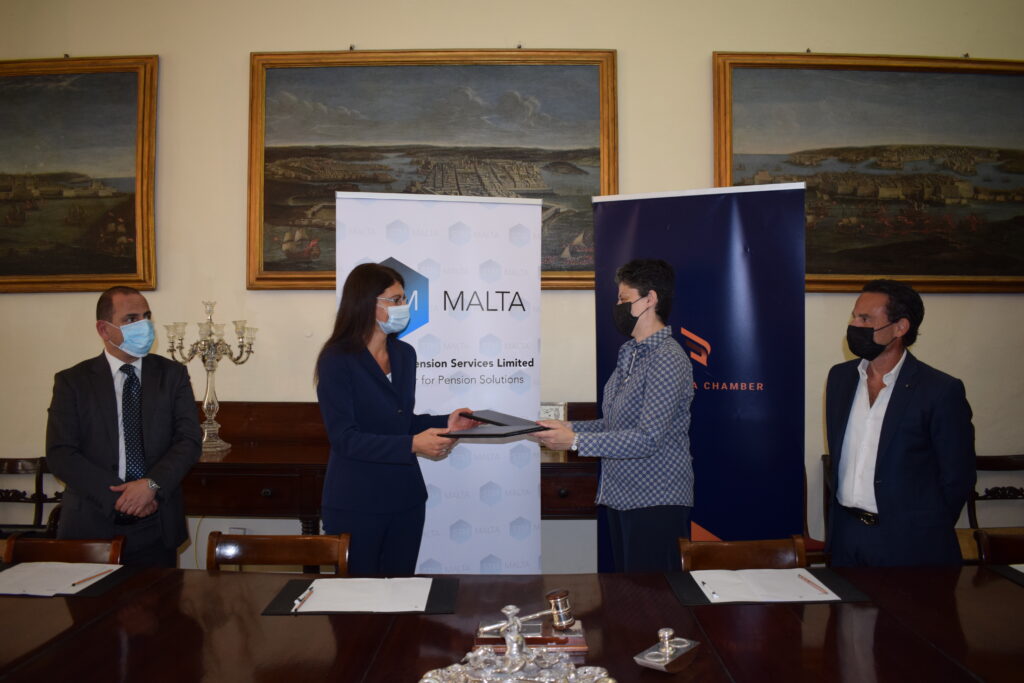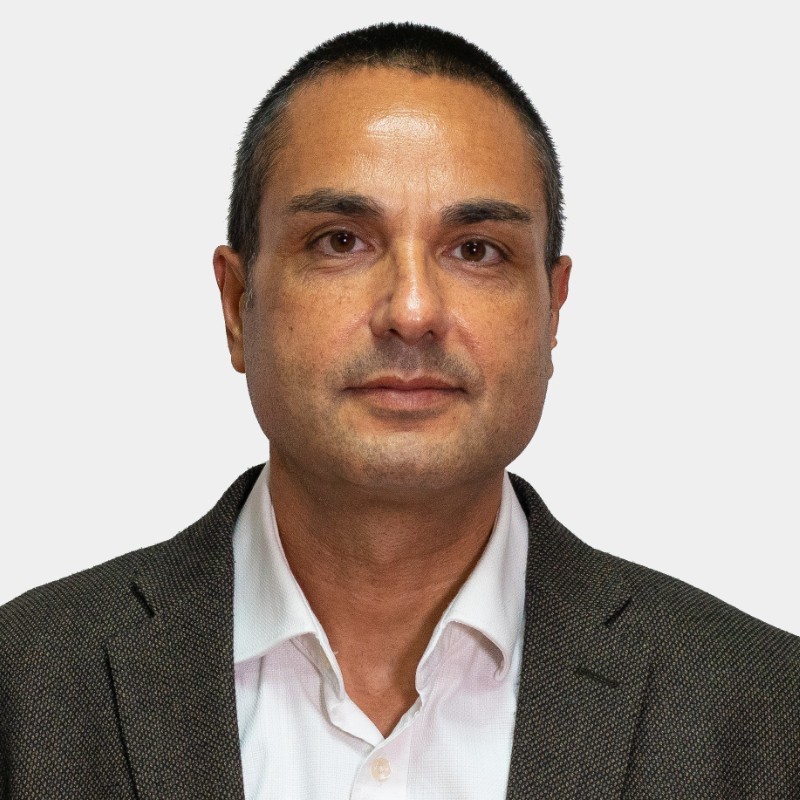A note by Joseph Farrugia, Founder & Director StreetHR
For us, the last few weeks were truly refreshing. Not that we have now put the pandemic behind us (far from it) but we have managed to dedicate our attention to the bigger picture beyond the current challenges and thus shift our focus to critical discussions about the future instead. Together with the HR GIG 6 team we have held numerous discussions with key stakeholders, including the Malta Chamber of Commerce and the HR GIG speakers, whom I am gladly presenting here.
We shifted our focus towards 2030 and asked some fundamental questions with the intention to provide direction and food for thought for business executives, decision makers and HR professionals alike. Approaching the subject of ‘Employees of the Future’ from a 360-degree view gives us so much more visibility than single dimensional thinking.
The truth is that we cannot work and act in isolation. On one side, CEOs and decision makers are charting the way they do business by setting goals and objectives, whilst their evolving HR team is realising that attracting the right talent and finding the proper supply, is proving more and more challenging. On the other hand, in separate board-rooms a few kilometres away, educators and policy makers are setting up educational and national strategies to fulfil skills’ gaps and influence market dynamics. Meanwhile new generations are entering the workplace with a totally different mindset. Ever increasingly there is the question ‘are the new generations prepared with what is actually needed from them once they leave their school benches?’
At the backdrop the business world (partly boosted by the pandemic itself) as well as the economic context and consumer behaviour is transforming at such a fast pace that no ‘static’ system, in isolation, will be able to address the core of the problem. Instead, we need synergy between businesses, educators, policy makers, HR professionals and other stakeholders to work together towards building a world worth living in and passing on to the future generations.
So, at HR GIG 6 we have brought together a diverse and strong team of speakers who together will generate a 360-degree view on the ‘Employees of the Future’ in one holistic discussion.
Corinne Fenech, StreetHR’s Strategic Partner and founder of TinkTings, will set the scene by revealing prevailing trends in Employee Experience (EX) and Customer Experience (CX) with a projected view of 2030. Rachael Blackburn, Head of Culture at APS Bank plc, will then take the discussion to the next step by highlighting the need to align culture with strategy, and also unveiling HR states and functions in response to the predicted future.
Following this, is a panel discussion which will be moderated and challenged by Marisa Xuereb, President of the Malta Chamber of Commerce! Panel members will be none less than Alexiei Dingli, Professor of Artificial Intelligence at the University of Malta, Dr. Gordon Cordina, Executive Director at E-Cubed Consultants Limited, Edel Cassar, Director Strategy Implementation at MCAST, Zach Ciappara, Founder and Chief Executive Officer at FreeHour Malta and Tamas Banyai, Chief Executive Officer at Epic.
We will put a complex matrix together and address vital topics which range from insights from the AI world and the practical evolution of technology to whether HR and Businesses strategies are in themselves responders or shapers of economic growth or change. We will see what is happening behind the scenes at a national level to address any skills’ shortages and whether these are in sync with the perceived business needs of the future.
Are business leaders and educators communicating with each other?
Tamas Banyai and Zach Ciappara, both CEOs, but coming from totally different backgrounds will share their hands-on experience on founding and/or transforming businesses through change. Naturally, we will also address leadership models and challenge ourselves on whether today’s leaders and managers are equipped with the right skills to lead in the world of work which is upcoming.
Employees of the Future – Why should you join us?
In a nutshell, at HR GIG 6, ‘Employees of the Future’ we will present a 360-degree perspective of this exciting and strategic topic, with the aim of adding value and thinking proactively. We are aiming for a fresh discussion, neither influenced nor hindered by any obstacles or narrow views. We would also like to have a casual discussion, one that is down to earth and practical. Hence ‘jeans’ or ‘casual’ attire are absolutely welcome and we leave behind all titles and formalities just to create a friendly and receptive atmosphere where people can interact with the speakers in a fun and practical manner, that has also become synonymous with the HR GIG branded event.
The ultimate aim is to provide back to work direction or reflection points for business leaders, decision makers and HR professionals and we encourage speakers to share tools and ideas that can be picked up by the attending audience.
We look forward to you joining us for HR GIG 6 on Thursday 2nd September 2021 at The Xara Lodge in Rabat (or online via live transmission from the venue if you prefer). Stay with us after the discussion for a fun and interactive activity delivered by our collaborating partners Outdoor Living, great live music performed by our guest band ‘The Busker’ and needless to say, some good drinks and nibbles delivered by our caterers at the The Xara Lodge. For those who are joining online – we are preparing something for you too and we will share more details with you directly in the upcoming communication.
The event is sponsored by our Merchandising Partner Corporate Gifts Malta, our AV Partner The AV Warehouse and our sponsors Eurosport, Enemed, Franks, Shireburn, Outdoor Living and Costa Coffee.
See you very soon!
